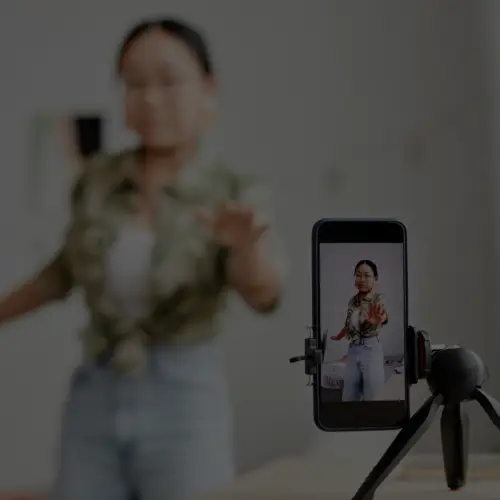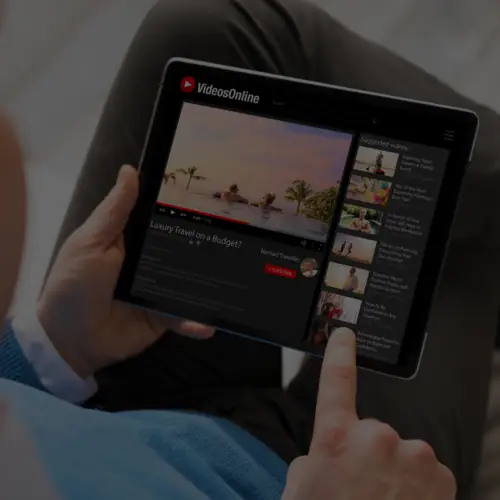26 Apr Twitter Goes After Retail/CPG and Facebook Moves to Reduce Reach (again) | Social You Should Know
Send All the DMs
Twitter opened up Direct Messaging this past week, finally allowing folks to DM tweeters who aren’t actually following them. Although it requires users to enable the functionality, which it appears very few users have actually done at this point, it could eventually make customer service and contacting sweepstakes winners much easier for brands. CMs everywhere are jumping for joy as it should cut down on the number of times they have to tweet “@MrNonFollower, please follow us so we can DM you.” Just don’t abuse your new found privilege guys. DMs now have the possibility of getting real spammy, real quick.
Twitter Pleads Case to Retailers, Shopper Marketers
Data released last week suggests Twitter plays a key role in the buying cycle for certain brands. A survey found that 49% of female Twitter users said Twitter content influenced their purchase decision. Also, reminiscent of Google’s Path to Purchase research (recently updated, btw!), Twitter looked at how network usage at each stage of the buying cycle differed by retail category. For most categories, brand efforts should focus on the awareness and post-purchase stages with the exception of grocery, which sees 57% of Tweeters utilizing the network during the interest/consideration phase.
Facebook Algorithm Changes Make Shareworthy Content More Important Than Ever
Facebook recently announced changes to their algorithm, once again, that could significantly decrease the little organic reach brands had left. Fan activity (such as likes or comments on your posts) will no longer be seen by their friends. So while such engagements will still help you strengthen your relationship with your customer, they will no longer help drive awareness among their friends. You’ll have to get them to love your content enough to share it if you want to reach anyone new (or shell out $$$ to buy those impressions).
Of course these changes were announced within days of a report from Locowise that average organic reach was hovering around 2.6%, similar to the February 2014 levels Ogilvy reported one year ago. Looks like those numbers will be outdated in short order.






